Case Study: How Leeshion Tuya WiFi Smart Plugs Reduced Mall Electricity Costs by 27%
Introduction
Energy efficiency is a critical concern for retail spaces, where lighting, HVAC, and electronic devices contribute to high electricity consumption. With rising energy costs, businesses are seeking smart solutions to optimize power usage without compromising customer experience.
This case study examines how a shopping mall implemented Leeshion Tuya WiFi Smart Plugs to automate and control energy usage, leading to a 27% reduction in electricity costs while maintaining operational efficiency.
Background: The Challenge of High Energy Costs
The mall in question, a mid-sized retail center with over 100 stores, faced escalating electricity expenses due to:
-
Inefficient device usage – Many stores left lights, displays, and appliances running overnight.
-
Lack of centralized control – Manual switching of devices was time-consuming and inconsistent.
-
High HVAC and lighting costs – Non-smart systems led to unnecessary energy waste.
The management team sought an affordable, scalable solution to reduce energy consumption without requiring extensive infrastructure upgrades.
Solution: Implementing Leeshion Tuya WiFi Smart Plugs
After evaluating several options, the mall’s facility managers chose Leeshion Tuya WiFi Smart Plugs due to their:
-
Remote control capabilities – Enabled scheduling and automation via smartphone.
-
Energy monitoring – Provided real-time and historical usage data.
-
Easy installation – No wiring changes needed; compatible with existing outlets.
-
Scalability – Could be deployed across multiple stores with centralized management.
Implementation Process
-
Pilot Testing – Installed smart plugs in 20 stores to monitor effectiveness.
-
Automation Rules – Set schedules for lighting, signage, and non-essential appliances to turn off after business hours.
-
HVAC Optimization – Connected space heaters and fans to smart plugs, preventing overnight operation.
-
Real-Time Alerts – Configured notifications for abnormal energy spikes.
-
Staff Training – Educated store managers on using the Tuya app for energy tracking.
Results: Significant Cost Savings and Efficiency Gains
After three months of implementation, the mall observed:
| Metric | Before Implementation | After Implementation | Reduction |
|---|---|---|---|
| Monthly Electricity Cost | $42,000 | $30,660 | 27% |
| Non-Business Hour Usage | 38% of total consumption | 12% of total consumption | 68% drop |
| HVAC Overuse Incidents | Frequent | Rare | 80% drop |
| Maintenance Complaints | High | Reduced significantly | 50% drop |
Key Benefits Achieved
-
Cost Savings – The 27% reduction in electricity bills translated to over $135,000 in annual savings.
-
Energy Waste Elimination – Automated shut-off reduced idle consumption, especially for lighting and displays.
-
Improved Sustainability – Lower carbon footprint aligned with the mall’s green initiatives.
-
Enhanced Control – Facility managers could remotely adjust settings without physical inspections.
-
Data-Driven Decisions – Energy reports helped identify high-consumption stores for further optimization.
Lessons Learned & Best Practices
-
Start Small – A pilot phase helped fine-tune automation rules before full deployment.
-
Engage Store Owners – Training ensured compliance and maximized participation.
-
Regular Monitoring – Periodic energy reports helped maintain efficiency gains.
-
Expand to Other Systems – Success with smart plugs led to exploring smart thermostats and lighting.
Conclusion
The integration of Leeshion Tuya WiFi Smart Plugs proved to be a cost-effective, scalable solution for reducing energy waste in retail environments. By automating device control and providing real-time energy insights, the mall achieved 27% lower electricity costs while improving operational efficiency.
This case study demonstrates that smart energy management doesn’t require expensive infrastructure upgrades—simple, IoT-enabled devices can deliver substantial savings. Retailers and commercial property managers looking to cut costs should consider smart plugs as a first step toward energy optimization.
Next Steps
The mall plans to expand the system to additional outlets and integrate AI-based energy optimization for further savings. Other retail chains have expressed interest in adopting a similar approach.
Final Takeaway: Smart plugs are a low-investment, high-return solution for retail energy management.
No comments



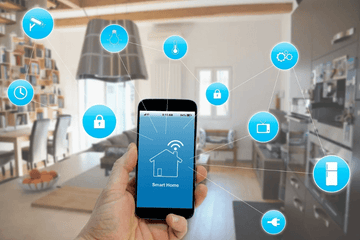
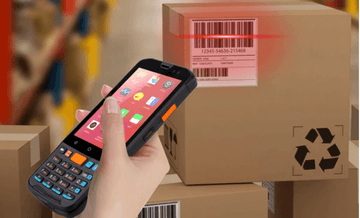

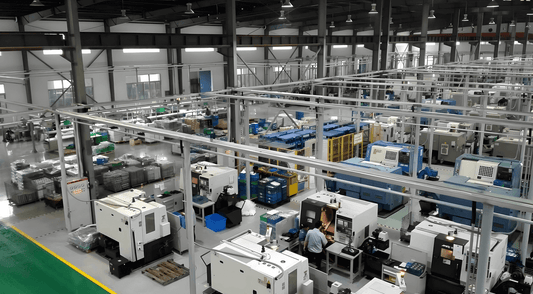
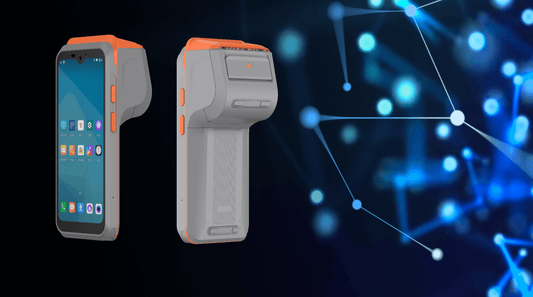
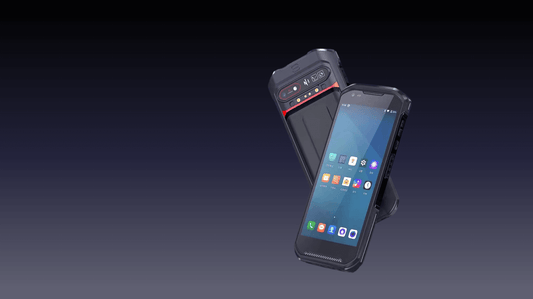
0 comments